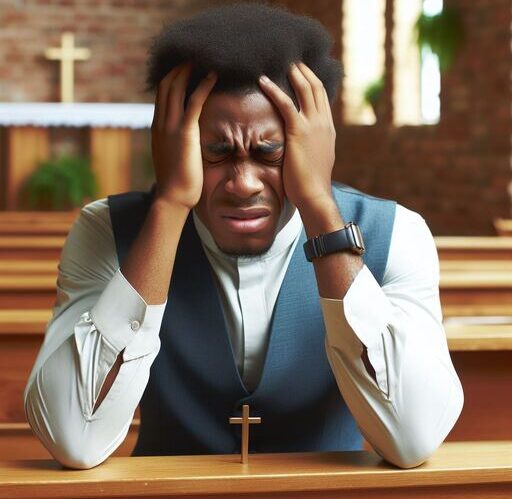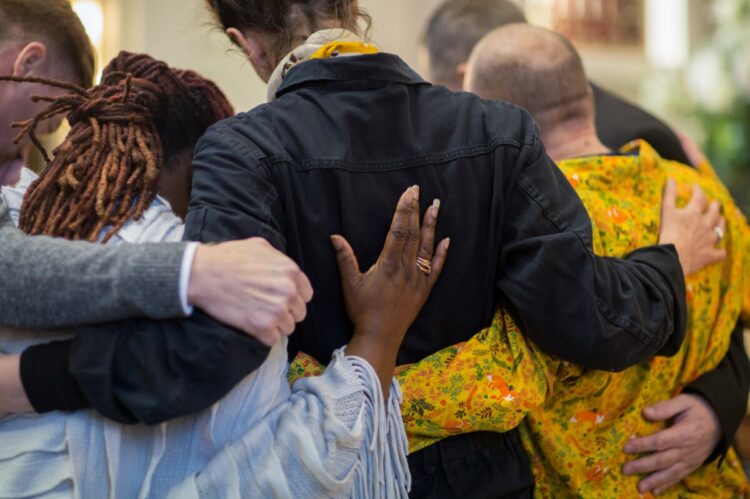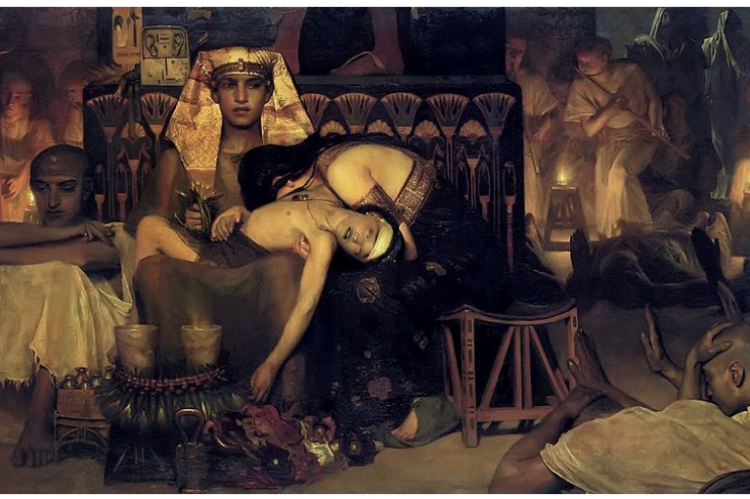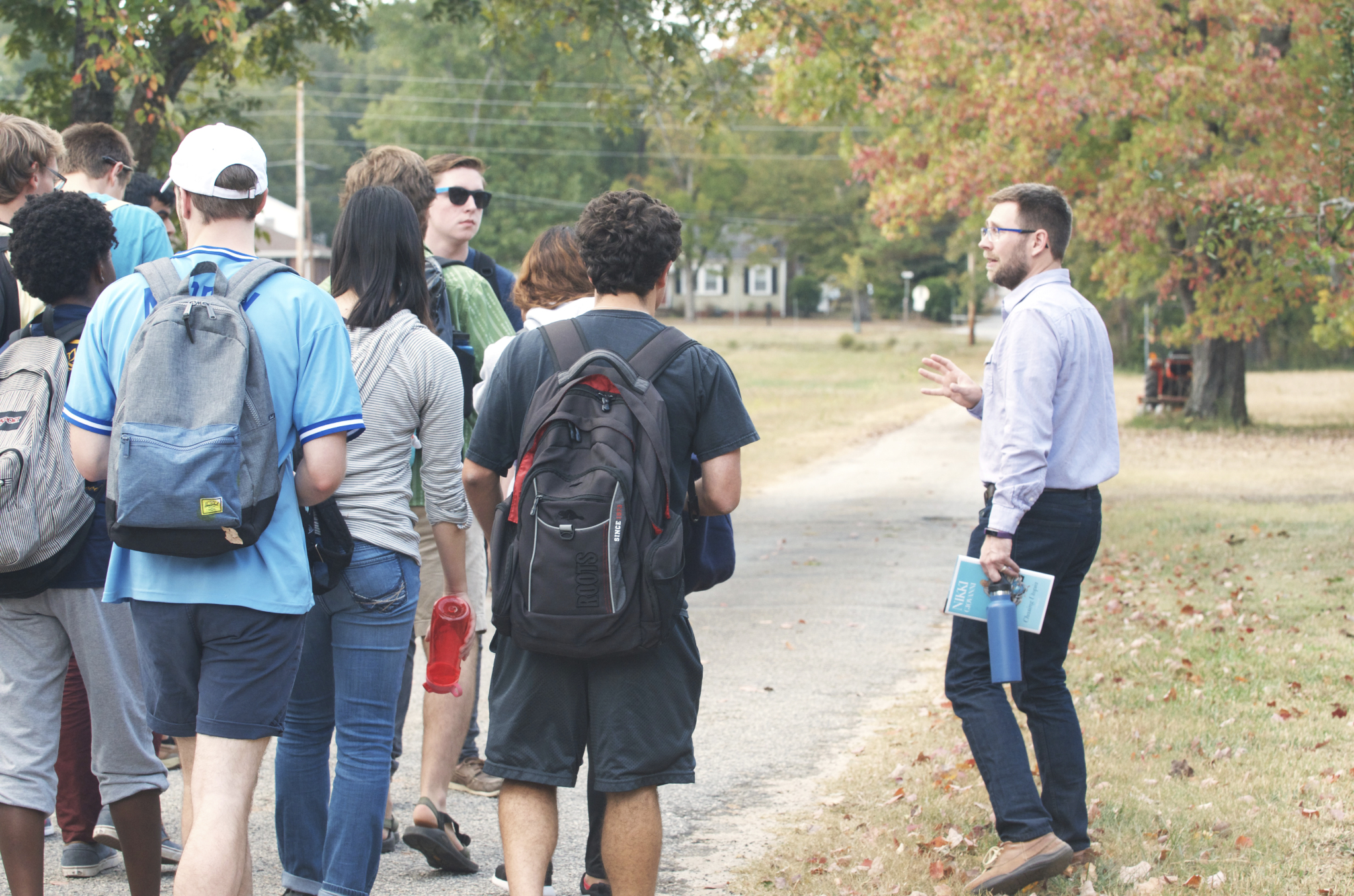
Untrained Professionals Expected To Save Lives
Did you know that some pastoral leaders currently in ministry have not received the proper training? In every profession, there is a list of necessary skills to do the job Continue Reading
Candler Doctor of Ministry Projects
Innovations in Ministry

Did you know that some pastoral leaders currently in ministry have not received the proper training? In every profession, there is a list of necessary skills to do the job Continue Reading

In her book, “Spirit and Trauma: A Theology of Remaining” [1] Author Shelly Rambo draws forward the experiences of Holy Saturday–the space between Jesus’s death and Jesus’s resurrection. If the Continue Reading

You want me to go where??? One of the distinguishing characteristics of pastoral ministry in the United Methodist Church is itineracy. Pastors within United Methodist structures are “appointed” to churches Continue Reading

Today’s Class Will Meet on Zoom What the New Arms Race in Higher Education Means Believe me, before I entered the doctor of ministry program at Emory’s Candler School of Theology Continue Reading

Introduction One Sunday I was in worship at Christ United Methodist Church in Franklin, TN watching our children perform the musical, “Moses and the Freedom Fanatics”. I wasn’t in the Continue Reading

The Why & The What of This Project My doctor of ministry project is about the relationship between colleges and universities, often referred to as town and gown relations. More Continue Reading